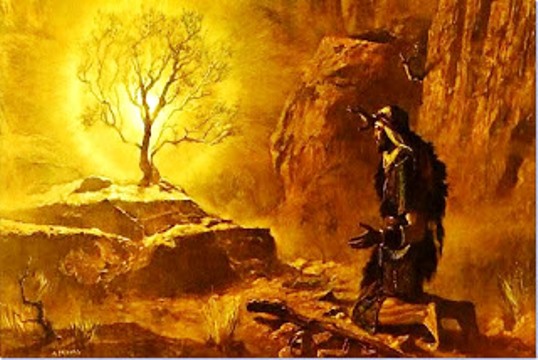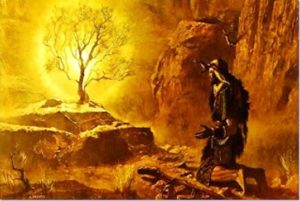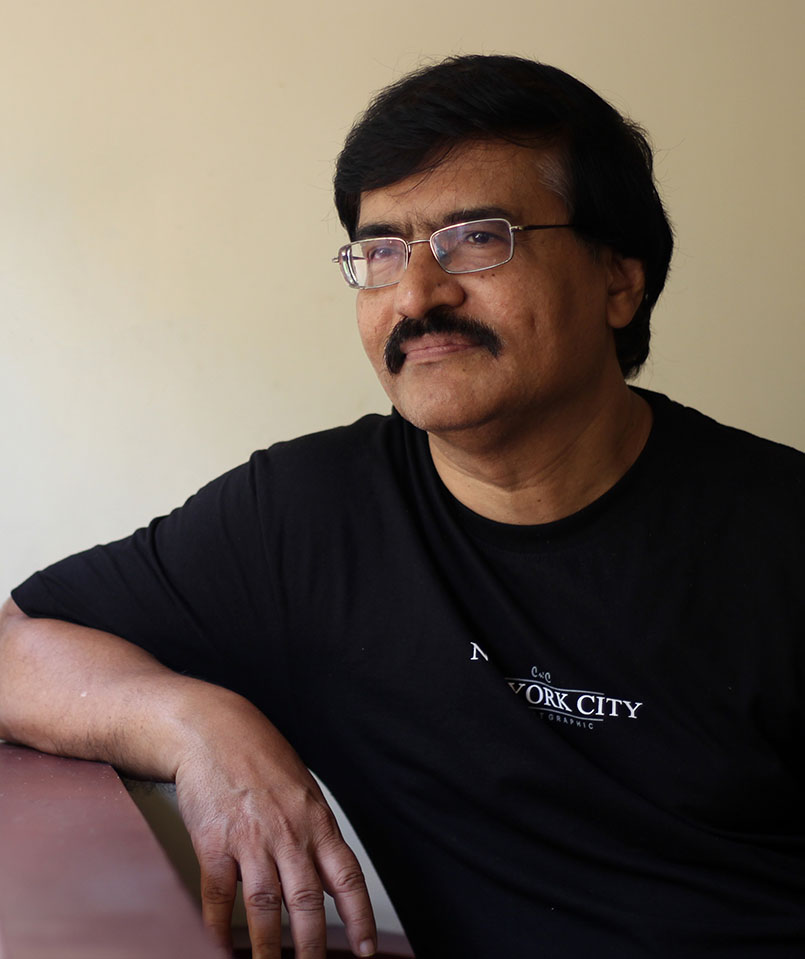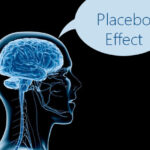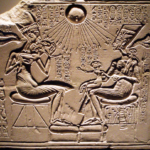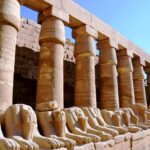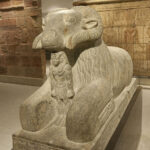– Virgil
Introduction
Since the mental process of each person is unique, it should also influence the way each person perceives his or her god. However, we often take it for granted that everyone aligned to a particular religious faith holds the same idea about the god of that faith. Had this been true, there would have been only one universal Church and every Christian should have carried the same understanding of Jehovah, his God, Jesus, the Son of God and Holy Spirit, the third factor of the Holy Trinity. But the reality on the ground is altogether different. There are some 33,000 odd different Christian denominations currently operating in the world. This being so, there should be as many unique images of the god of the Christian faith.
